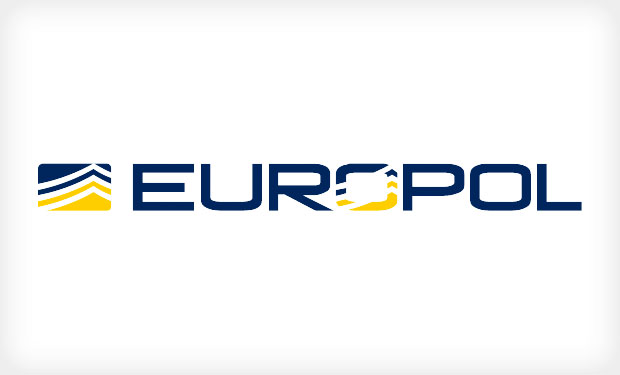"Big Data" Operation Snares 118 Suspected Ticket Fraudsters

A massive international operation has resulted in the arrest of 118 people - many at airports - on suspicion of using fake tickets, or using stolen card data to purchase airline tickets. Officials say the arrests resulted from a new big data capability that combines relevant information from law enforcement databases, payment card industry records and airline ticketing systems, which for the first time allows police to better pinpoint airline ticket fraudsters.
Law enforcement agencies from 45 different countries participated in the operation, as did 60 airlines and 80 airports, as well as credit card companies American Express, MasterCard, Visa and Visa Europe, which helped identify suspicious airline ticket transactions. The effort was coordinated by the European Cybercrime Center, or EC3, at Europol - the EU law enforcement agency that handles criminal intelligence - together with Ameripol and Interpol, which respectively coordinate transnational criminal investigations across the Americas and globally.
The airline industry reports that ticket-related fraud costs airlines $1 billion per year. "Fraudsters are costing the airline industry significant amounts of money," says Aleks Popovich, who heads financial and distribution services for the International Air Transport Association. "But above all, the IATA airline members do not want to transport criminals and thus facilitate their illicit activities."
Europol says airline ticket fraud is often perpetrated by criminal enterprises who are also engaged in such activities as drug-running or human trafficking.
"Particularly in South America, where there's been a lot of drug crime - they also have a lot of their own cybercriminals - they've been able to operate not with impunity, but they've certainly had it quite easy in the past," says Alan Woodward, a visiting computing professor at the University of Surrey.
The arrests are not meant to demonstrate some new type of crime-fighting technology, he says, but rather new levels of coordination and cooperation between airlines, banks and law enforcement agencies. "It's a bit of the ultimate use of big data for criminal detection," says Woodward, who also serves as a cybercrime advisor to Europol, but notes that he was not involved in this operation. "If you join together the big-data dots - which is what Europol and Interpol have been doing - between the credit card companies, the airlines and spotting funny transactions, linking the two together, and just waiting for the person to turn up at the gate," he says, then police or airport security staff can simply arrest them.
Airlines Seek Fraud Crackdown
The new effort has been strongly backed by the airline industry. "Airlines are fighting credit card fraud on their ticket sales on [a] daily basis. It is clear to the airlines that they are up against organized crime in this fight," says Meta Backman, a security advisor for Finnair who also chairs the European Airlines Fraud Prevention group. "Airlines are depending on card-issuing banks to obtain confirmation of fraudulent use of credit cards. Without confirmation, airlines cannot report the crime to law enforcement."
European officials say dismantling ticket fraud also helps combat more large-scale organized crime activities. "Cybercrime is becoming a 'service' that organized crime groups buy and use, so we have to be ready and boost the capacity of our law enforcement agencies to act effectively," says Dimitris Avramopoulos, European Commissioner for Migration, Home Affairs and Citizenship.
"Europol's EC3 will continue to invest heavily in conducting similar operations and other activities that will make life harder for cybercriminals," says Europol director Rob Wainwright.
Months of Planning
The arrests of 118 people were made on Nov. 26 and Nov. 27, as part of a two-day demonstration of the new anti-ticket-fraud capabilities. Europol's EC3, which coordinated the effort, says months of planning were involved - bringing together law enforcement agencies, prosecutors, border-control agencies, airlines, and credit card companies. Europol says this isn't meant to be a temporary show of force, but rather a demonstration of what is now a new, regularly available capability.

